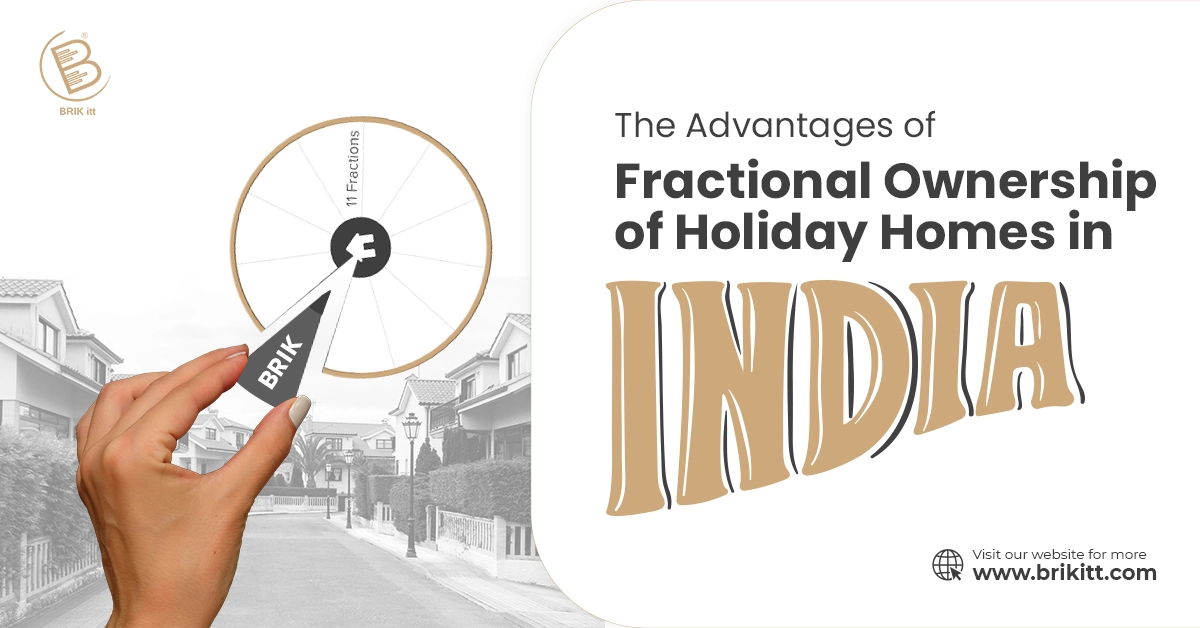Navigating the Intersection of Real Estate Investing and Emerging Technologies
The real estate investing landscape is undergoing a significant transformation, driven by the convergence of emerging technologies like artificial intelligence (AI), blockchain, and the Internet of Things (IoT). These innovations are revolutionizing the way investors approach the market, from property valuation and management to transactions and portfolio optimization. In this article, we'll delve into the intersection of real estate investing and emerging technologies, exploring the opportunities, challenges, and future directions of this rapidly evolving field.
The Rise of AI in Real Estate Investing
Artificial intelligence is increasingly being used in real estate investing to analyze large datasets, identify patterns, and make predictions about market trends. AI-powered predictive analytics can help investors identify emerging opportunities, assess risk, and optimize their portfolios. For instance, AI-driven algorithms can analyze historical data on property prices, rental yields, and demographic trends to predict future market performance.
"AI is not just about automating tasks; it's about augmenting human capabilities. In real estate investing, AI can help investors make more informed decisions by analyzing vast amounts of data and identifying patterns that may not be apparent to humans." - Dr. Andrew Baum, Professor of Practice at the University of Oxford's Saïd Business SchoolAI is also being used to improve property management, from automating routine tasks like rent collection and maintenance scheduling to enhancing the tenant experience through personalized services and amenities. For example, AI-powered chatbots can help tenants report maintenance issues, request repairs, and access building amenities, freeing up property managers to focus on higher-value tasks.

The Role of Blockchain in Real Estate Transactions
Blockchain technology is being explored for its potential to facilitate secure, transparent, and efficient property transactions. By creating a decentralized, tamper-proof ledger of ownership and transactions, blockchain can reduce the risk of fraud, errors, and disputes. This can lead to faster, more reliable, and more cost-effective transactions, benefiting both buyers and sellers.
Blockchain can also enable the creation of tokenized assets, allowing investors to purchase fractional ownership in properties and trade them on online platforms. This can increase liquidity, reduce barriers to entry, and open up new investment opportunities for a wider range of investors.
The Impact of IoT on Property Management and Valuation
The Internet of Things (IoT) is transforming the way properties are managed and valued. IoT devices can monitor and control various aspects of building performance, from energy usage and water consumption to air quality and waste management. This can help property managers optimize energy efficiency, reduce waste, and improve the overall sustainability of their buildings.
IoT devices can also provide valuable insights into how buildings are used, helping investors and property managers to identify opportunities for improvement and optimize their portfolios. For example, IoT sensors can track foot traffic, occupancy rates, and tenant behavior, providing valuable data for investors and property managers to make informed decisions.
How Emerging Technologies Are Revolutionizing Real Estate Investing
The convergence of emerging technologies like AI, blockchain, and IoT is revolutionizing the real estate investing landscape in several ways:
- Improved data analysis: AI and IoT devices can provide investors with vast amounts of data on market trends, property performance, and tenant behavior, helping them make more informed investment decisions.
- Increased efficiency: Blockchain and AI can automate routine tasks, reduce errors, and enhance the overall efficiency of property transactions and management.
- Enhanced sustainability: IoT devices can help property managers optimize energy efficiency, reduce waste, and improve the overall sustainability of their buildings.
- New investment opportunities: Blockchain and tokenized assets can open up new investment opportunities for a wider range of investors, increasing liquidity and reducing barriers to entry.
Some of the key benefits of leveraging emerging technologies in real estate investing include:
- Increased returns: By optimizing portfolios, reducing costs, and improving efficiency, investors can increase their returns and achieve better financial performance.
- Improved risk management: AI and IoT devices can help investors identify and mitigate risks, reducing the likelihood of losses and improving overall portfolio performance.
- Enhanced tenant experience: AI-powered chatbots, IoT devices, and personalized services can enhance the tenant experience, improving satisfaction and retention rates.
The Future of Real Estate Investing and Emerging Technologies
As emerging technologies continue to evolve and converge, we can expect to see even more innovative applications in real estate investing. Some potential future directions include:
- Smart cities: The integration of IoT devices, AI, and blockchain can create smart cities that are more sustainable, efficient, and livable.
- Sustainable development: Emerging technologies can help investors and developers create more sustainable, environmentally friendly buildings and communities.
- Personalized investing: AI and machine learning can help investors create personalized investment portfolios that reflect their individual goals, risk tolerance, and preferences.
The Psychology of Risk and Reward
The intersection of real estate investing and emerging technologies is not just about analyzing data and making informed decisions; it's also about understanding the psychology of risk and reward. Investors who take calculated risks and diversify their portfolios are often rewarded with higher returns and a sense of accomplishment. This same psychology applies to other areas of life, such as gaming, where players must balance risk and reward to achieve success. For example, players who enjoy games of chance can experience a similar rush of excitement and reward by playing Undefeated Xerxes, a game that challenges players to make strategic decisions and take calculated risks to win big. By understanding the psychology of risk and reward, investors and gamers alike can make more informed decisions and achieve their goals. Whether it's investing in real estate or playing games of chance, the key to success lies in finding the right balance between risk and reward.
Conclusion
In conclusion, the intersection of real estate investing and emerging technologies is a rapidly evolving field that offers numerous opportunities for innovation, growth, and improvement. By leveraging AI, blockchain, and IoT, investors can make more informed decisions, optimize their portfolios, and achieve better financial performance. As these technologies continue to converge and evolve, we can expect to see even more exciting developments in the future of real estate investing.







